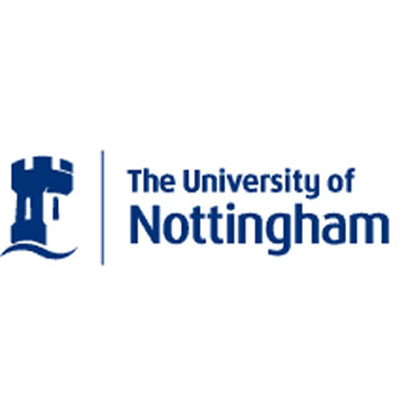
The software engineering degree is practically-oriented, and focuses on the design and implementation of large software systems – particularly those with interactive or multimedia components. It is built around four themes: the design and implementation of software systems; the use and development of networked and distributed systems; user interface principles; and evaluation and testing.
Our Foundation courses give you another way to study for an undergraduate degree.
A level |
BBC, including a science subject (mathematics, computing, physics, chemistry, economics or statistics) If you don’t have any of these listed science subjects we then require a grade B in GSCE mathematics | |
IB Diploma |
28 points, including 5 points in mathematics (SL) | |
STPM |
B+B+B, including mathematics, excluding Pengajian Am | |
UEC |
4 As, including mathematics and grade B in 2 other academic subjects, excluding Chinese language | |
SAM/AUSMAT/HSC |
ATAR (UAI)/TER/ENTER 82 | |
Canadian Pre-U |
80% average based on 6 subjects including mathematics | |
Foundation |
Successful completion of the Foundation in Science programme including all computer science modules | |
Other equivalent qualifications will be considered on a case-by-case basis
IELTS: |
6.0 (with no elements below 5.5) |
TOEFL (iBT): |
79 (with no elements below 19) |
PTE (Academic): |
55 (minimum 51) |
SPM: |
grade B+ |
1119 (GCE O): |
grade C |
GCSE/IGCSE: |
grade C |
UEC: |
grade B3 |
IB English A1 or A2 (SL or HL): |
4 points |
IB English B HL: |
4 points |
IB English B SL: |
5 points |
IELTS and TOEFL test results must be less than 2 years old and all IELTS must be the academic version of the test
The Foundation in Science is a 1+3 year programme that results in direct progression to the undergraduate degrees offered within the Faculty of Science. This rigorous programme provides students with a strong academic background that will result in enhanced language, mathematics, critical thinking and study skills.
Students on this programme also chose from a range of elective modules that provide the opportunity to sample topics related to their chosen undergraduate pathway such as chemistry, ecology, computer programming or psychology.
NB. Only students who achieve a 2nd year average of at least 55% may be allowed to take a level 4 module.
While many computer science graduates do become programmers, others are employed in a wide variety of jobs. These include computer analysts, IT consultants and planners, network/systems designers and engineers, researchers, software designers and engineers, web designers, web developers and producers as well as roles across advertising and marketing, business and financial analysis, accountancy and investment/merchant banking and legal and quality assurance professions. Some of our graduates have gone on to work for traditional computer companies such as Adobe, Google, Hewlett-Packard, IBM and Microsoft. Others have found jobs with employers such as Accenture, Experian, and Ocado.
Source : The University of Nottingham